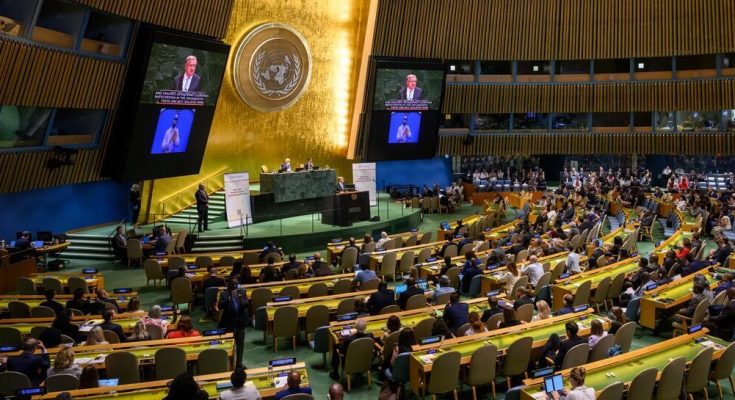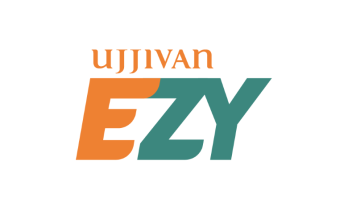New York: The 2025 UN High-Level Political Forum on Sustainable Development (HLPF) in New York, States highlighted the importance of inclusive and sustainable industrial development for economic diversification, productive capacities and income generation.
The HLPF’s Ministerial Declaration reflected UNIDO’s unique mandate and the linkages between industrialization and Sustainable Development Goal 8 (SDG 8), which was under in-depth review this year along with Goals 3, 5, 14, and 17. Through its active engagement, UNIDO emphasized the vital role of productive capacities, skills development and value chain integration in fostering decent work and sustained growth.
As part of its contribution to the HLPF, UNIDO co-organized high-level policy dialogues and strategic partnerships that addressed the complex realities shaping industrial development in a rapidly evolving global context.
Building on the High-Level Conference on Middle-Income Countries (MICs) held in Manila and the Makati Declaration, UNIDO and the Like-Minded Group for MICs, chaired by the Philippines, organized a high-level event on the policy and technical solutions needed to fully unlock the development potential of MICs through industrialization. UNIDO used this platform to strengthen political dialogue, promote national ownership, and foster partnerships for transformative industrial growth which currently supports over 400 national projects in 83 MICs. Another key dialogue centered on the impact of emerging sustainability regulations on global value chains. Co-hosted with the Permanent Missions of Austria and Ethiopia to the UN, who are the co-chairs of the Group of Friends of Inclusive and Sustainable Industrial Development, the discussion underscored the importance of sustainability-driven regulations on global value chains and the urgent need for enhanced skills development and decent employment opportunities.
“To harness the opportunities, we must ensure that participation in global value chains is fair and inclusive, creating meaningful economic and social benefits for all involved”, said Fatou Haidara, Deputy to the Director General and Managing Director at UNIDO. She added that “Investing in skills is critical, so that workers can move into higher value activities, comply with emerging sustainability standards and actively shape the future of industries”.
As part of this effort, UNIDO announced the upcoming launch of the UNIDO’s FairShare Academy, a new digital platform part of the FairShare Programme, which provides tailored learning to support workers, SMEs and local institutions to build essential competencies in sustainable production, environmental stewardship and social responsibility.
Beyond these engagements and in the lead-up to the HLPF, UNIDO actively contributed to the preparatory processes leading up to and during the HLPF. This included substantive inputs through its Industrial Development Board on the role of sustainable industrialization in advancing the SDGs under review. UNIDO also contributed to the Expert Group Meeting on SDG 8 and co-led several of the Economic and Social Council segments on SDG8 at the partnerships, youth, and science, technology and innovation forums.
These engagements reinforce a unifying message: sustainable development and economic resilience hinge on investing in people and productive capacities.
On the margins of HLPF, UNIDO and the Economic Commission for Latin America and the Caribbean (ECLAC) also signed a joint declaration to strengthen cooperation in favor of inclusive and sustainable industrial development in Latin America and Caribbean, marking a new chapter in their collaboration on industrial policy development in the region.





